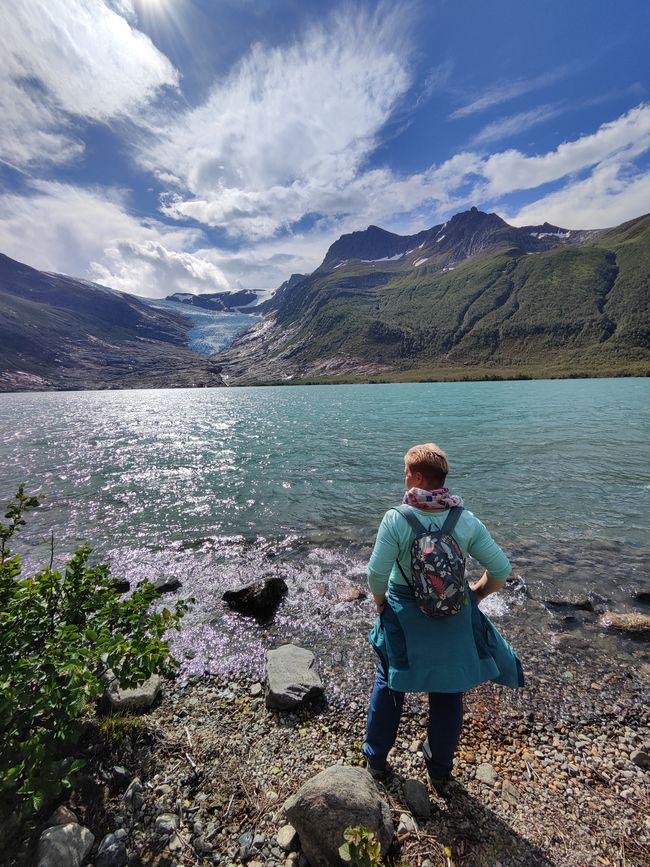Tag 9 *14.07.2023
Publicatu: 16.07.2023
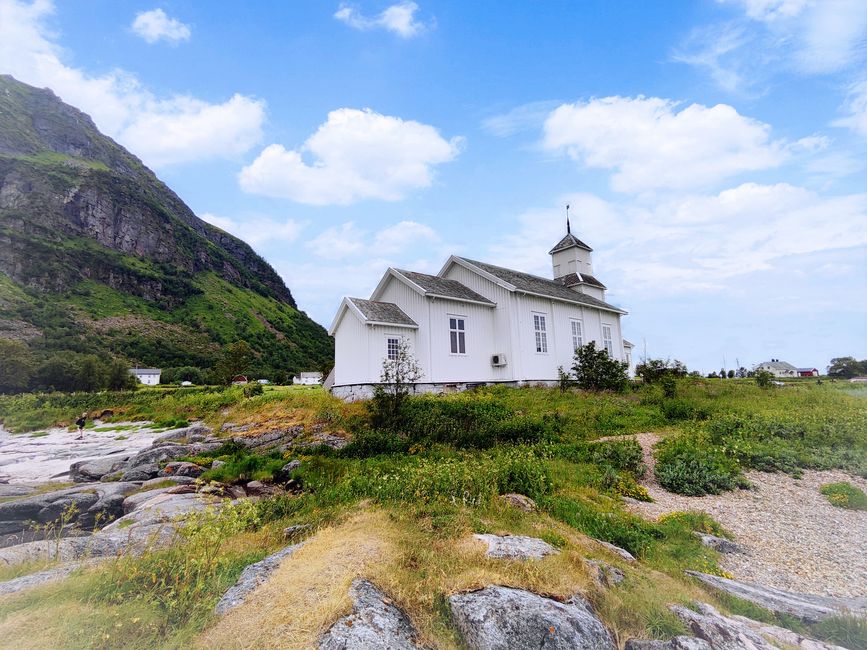
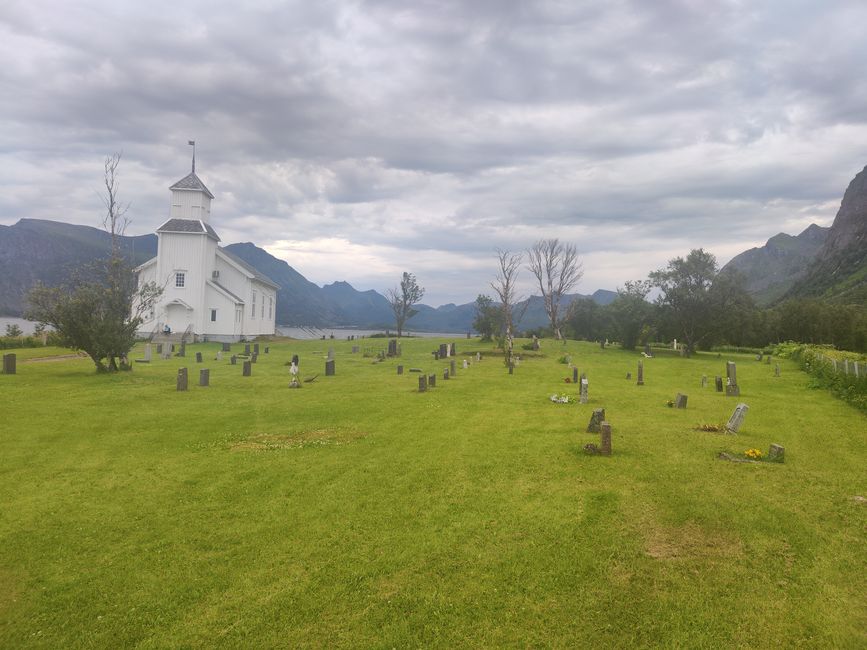
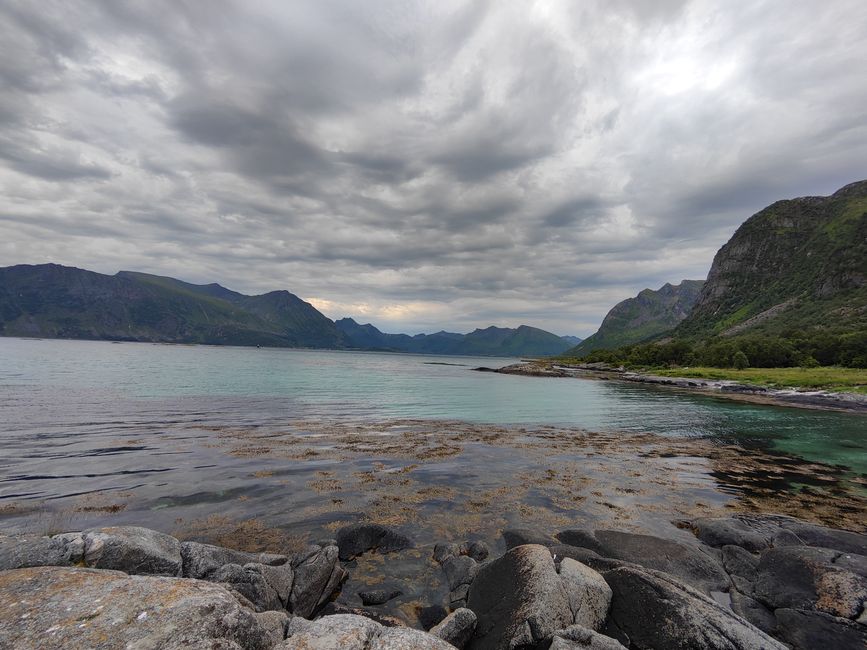
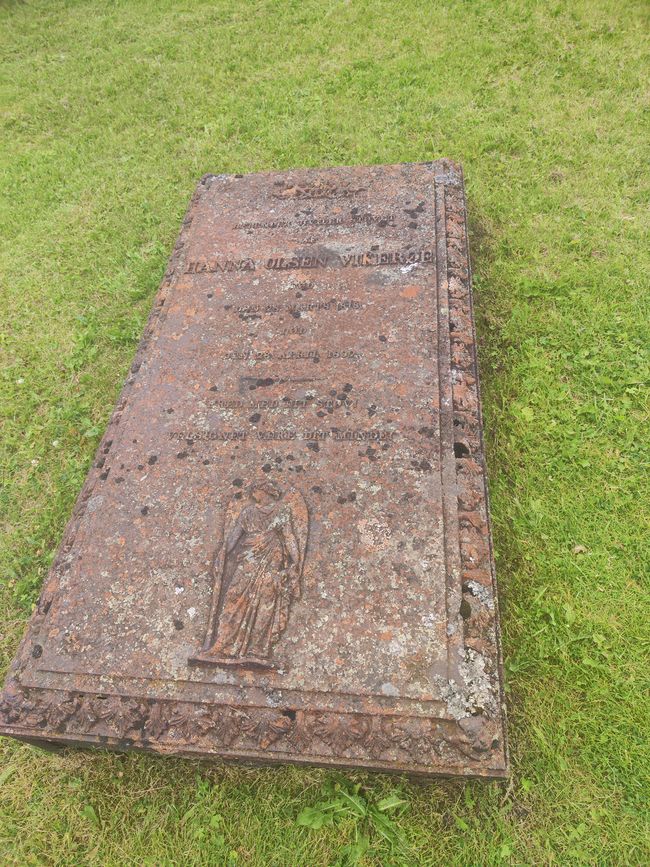
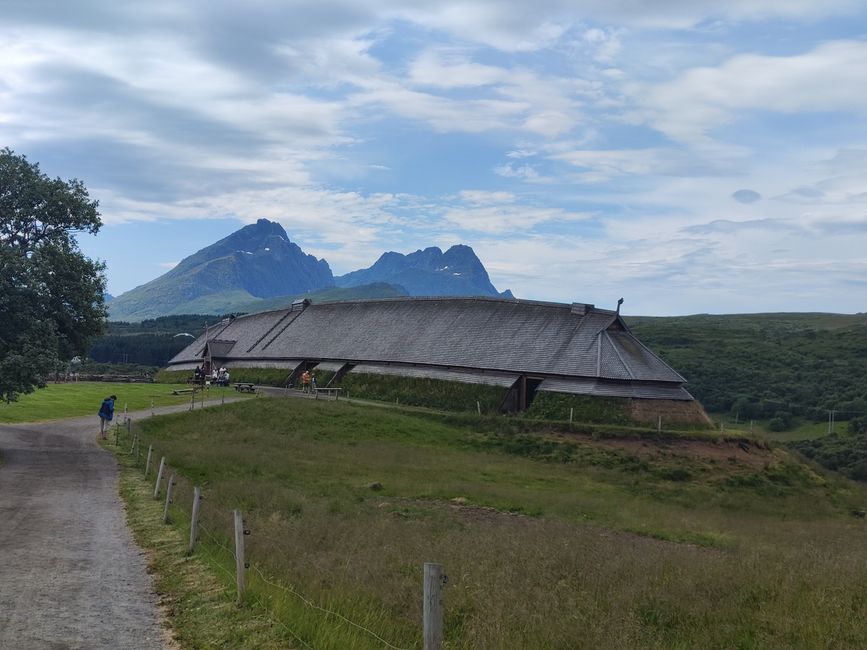
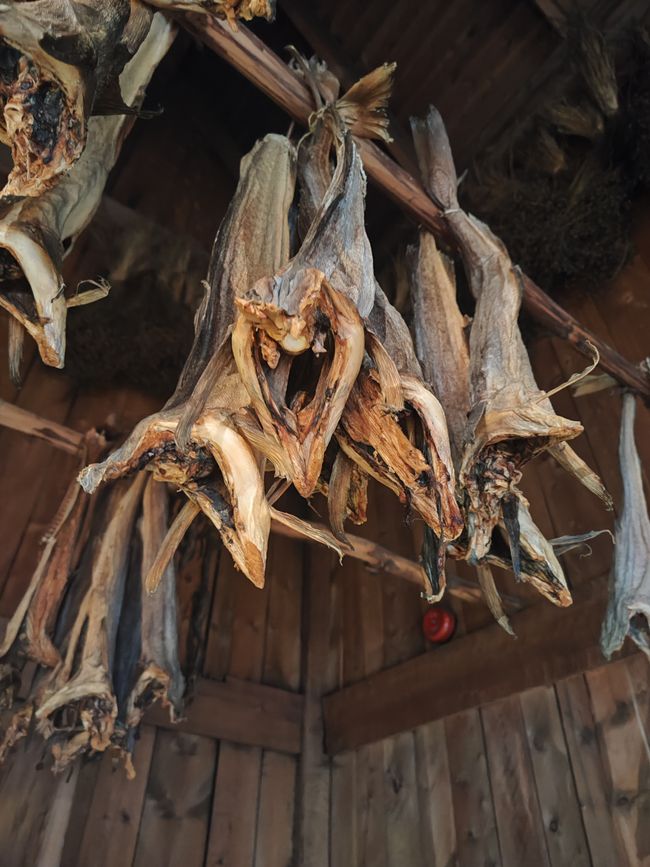
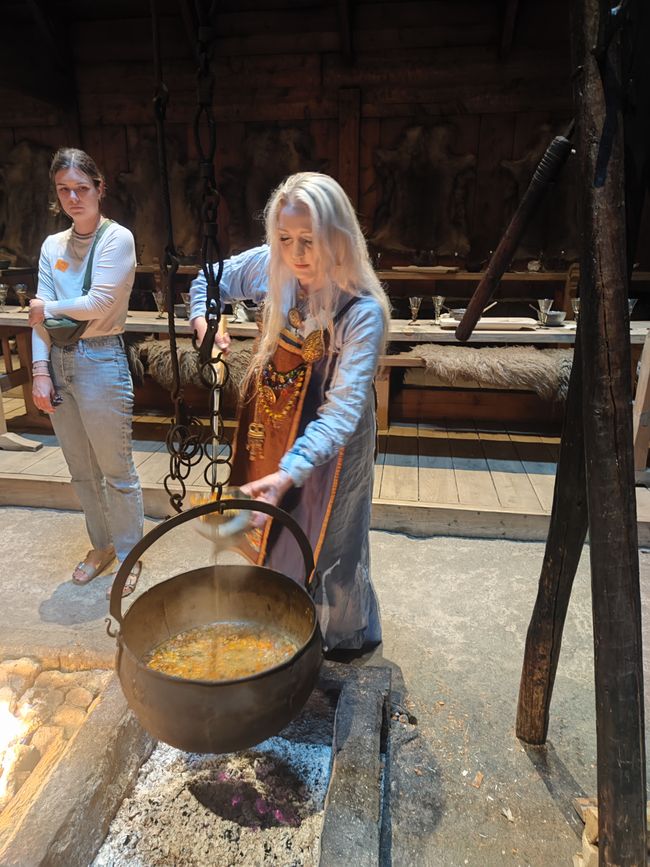
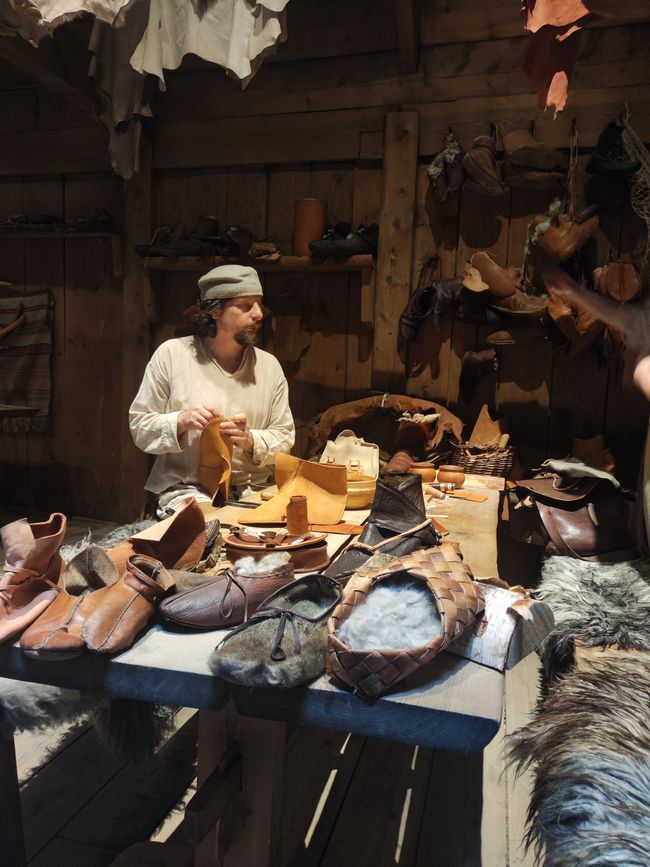
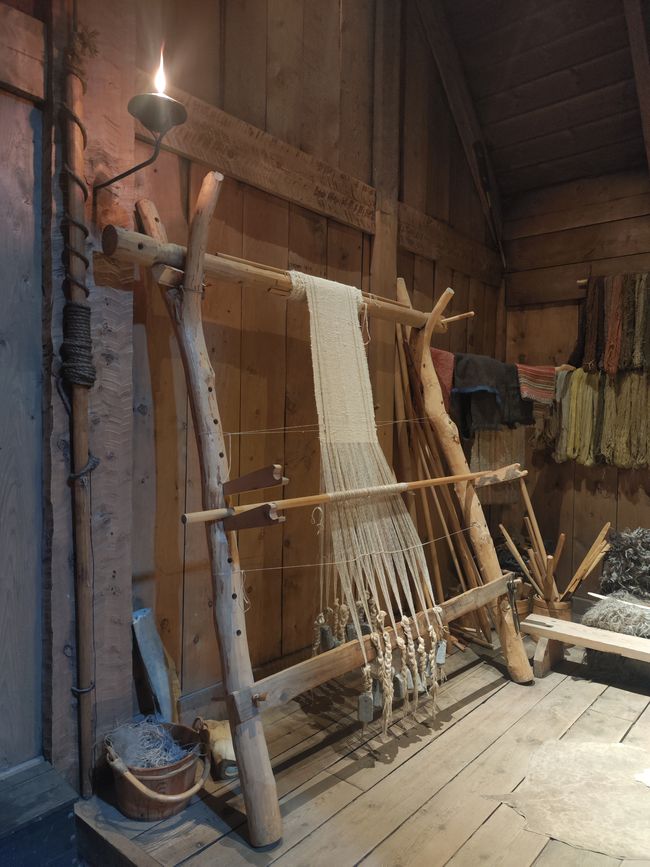
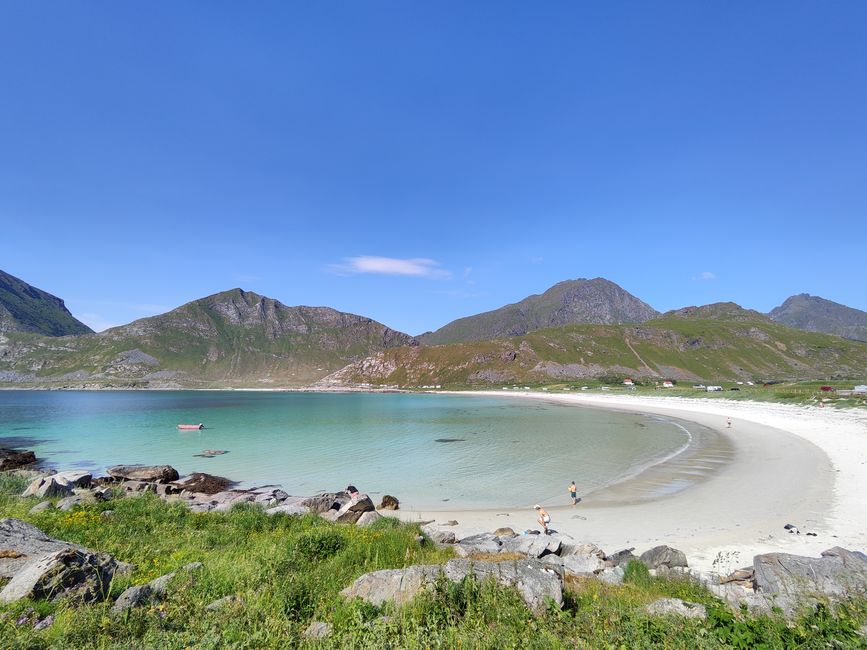
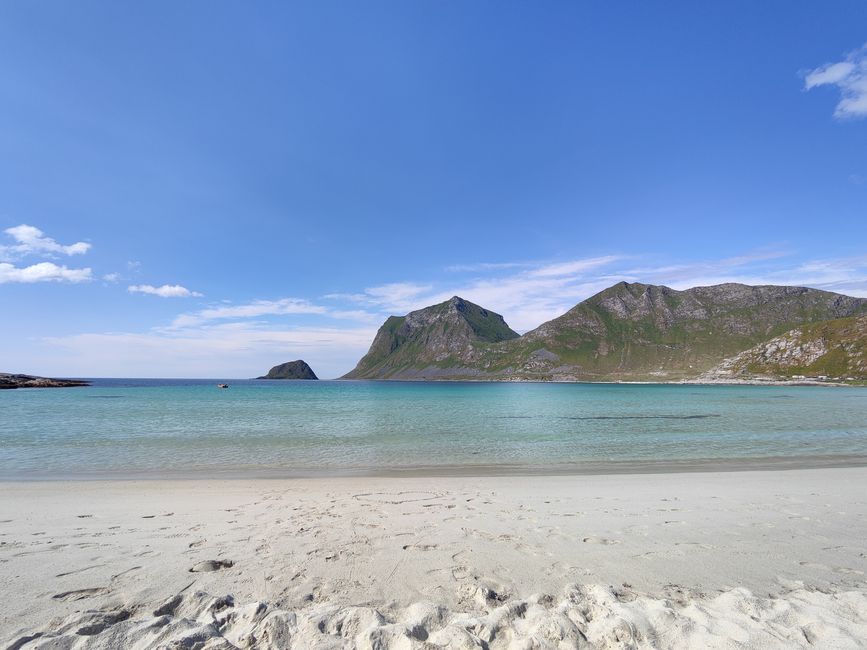
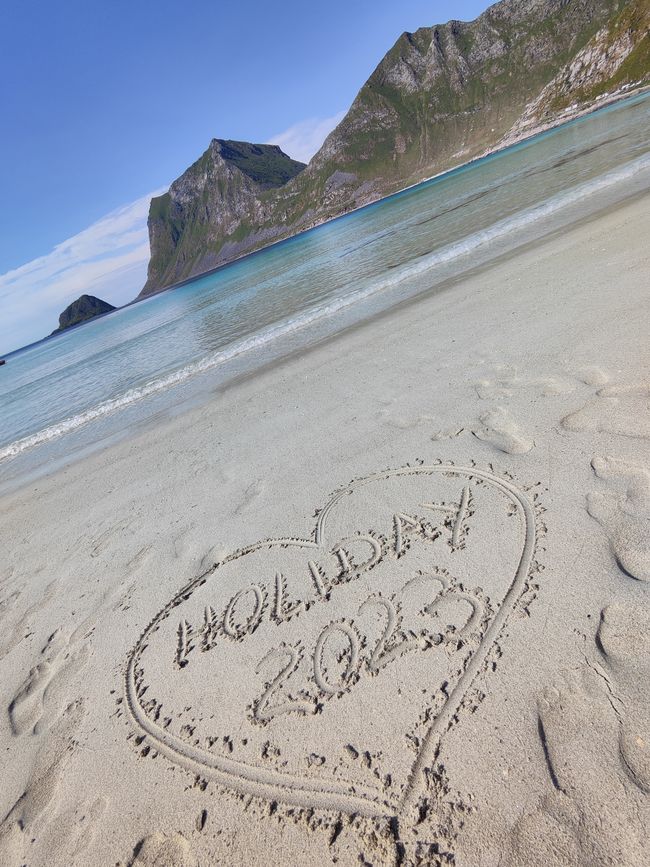
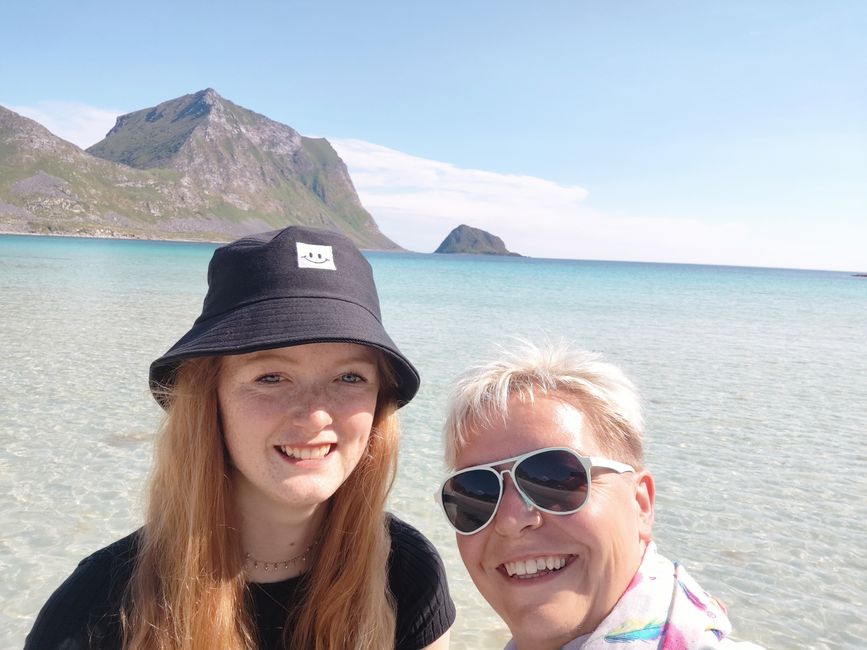
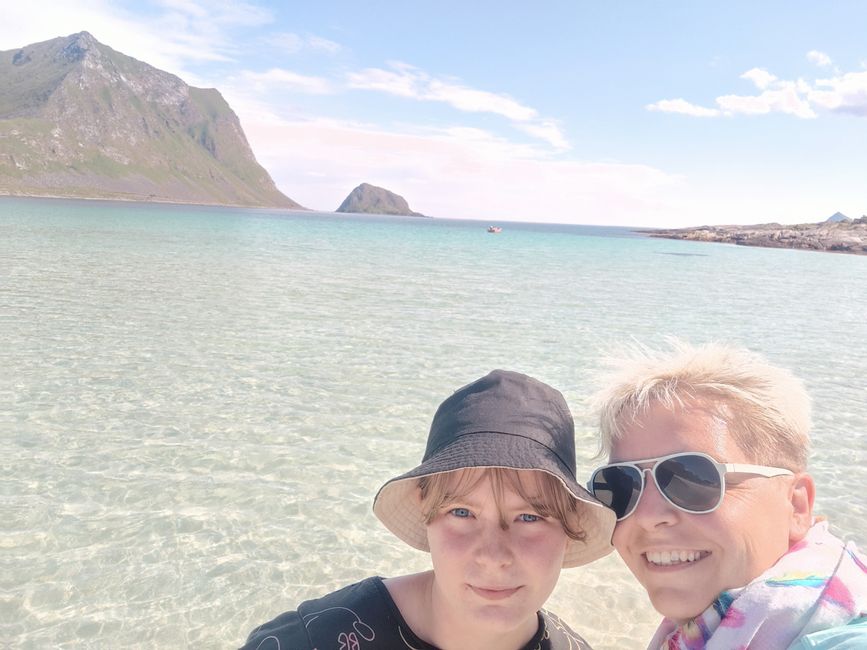
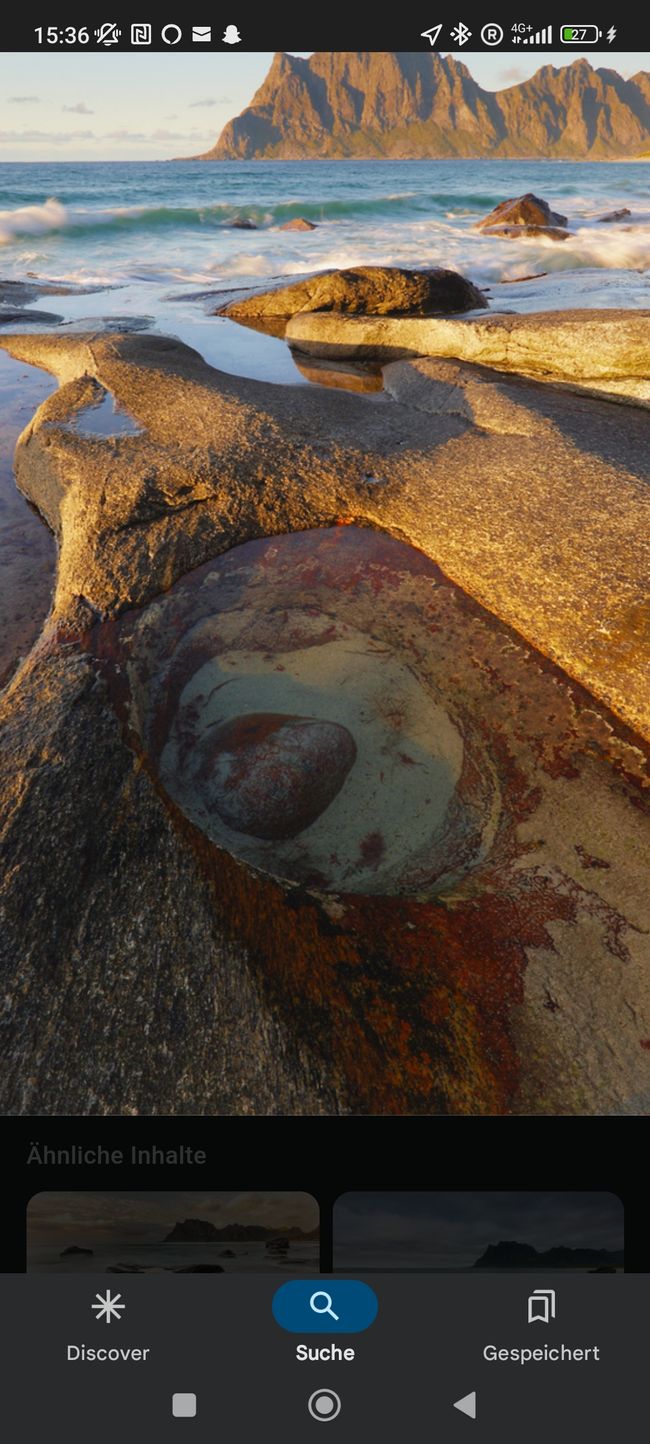
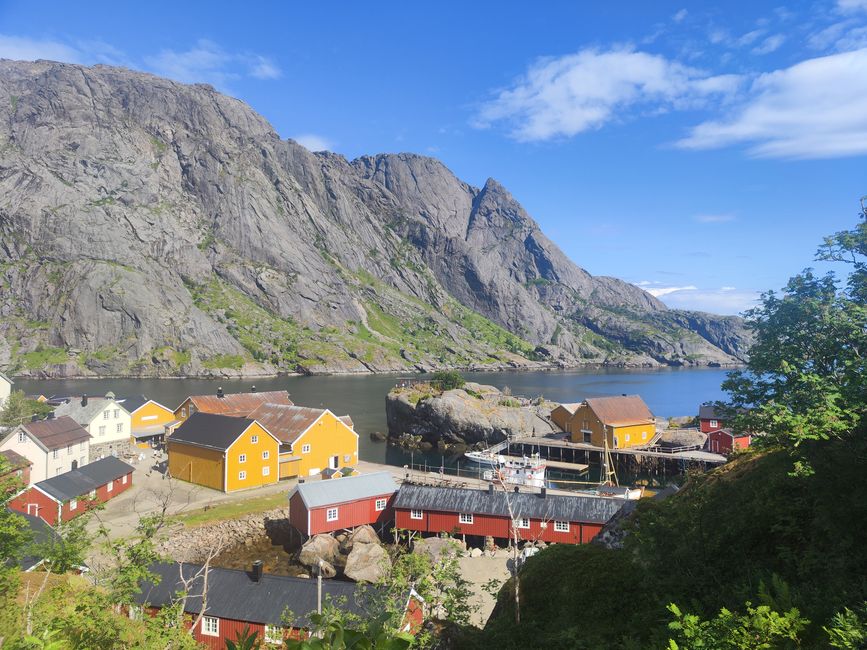
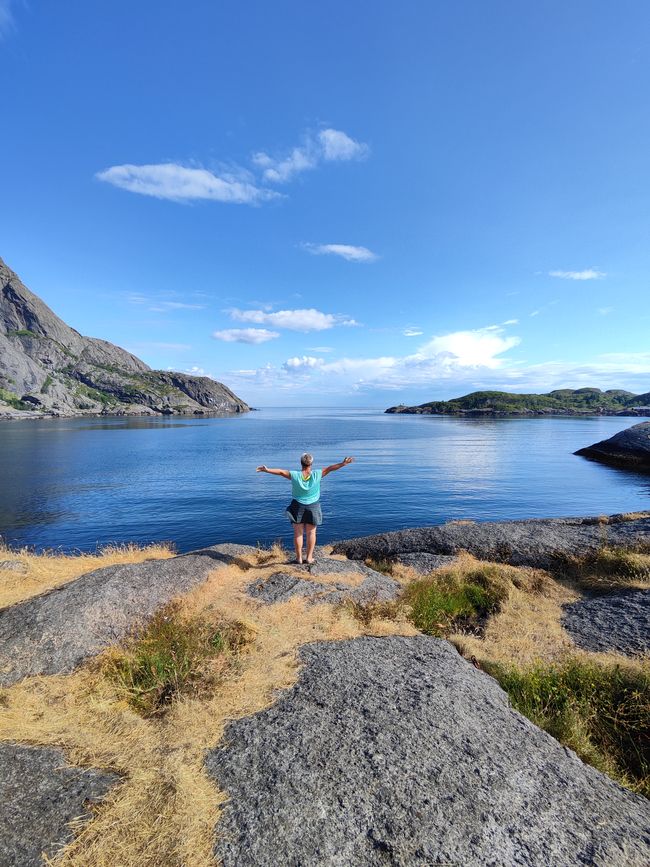
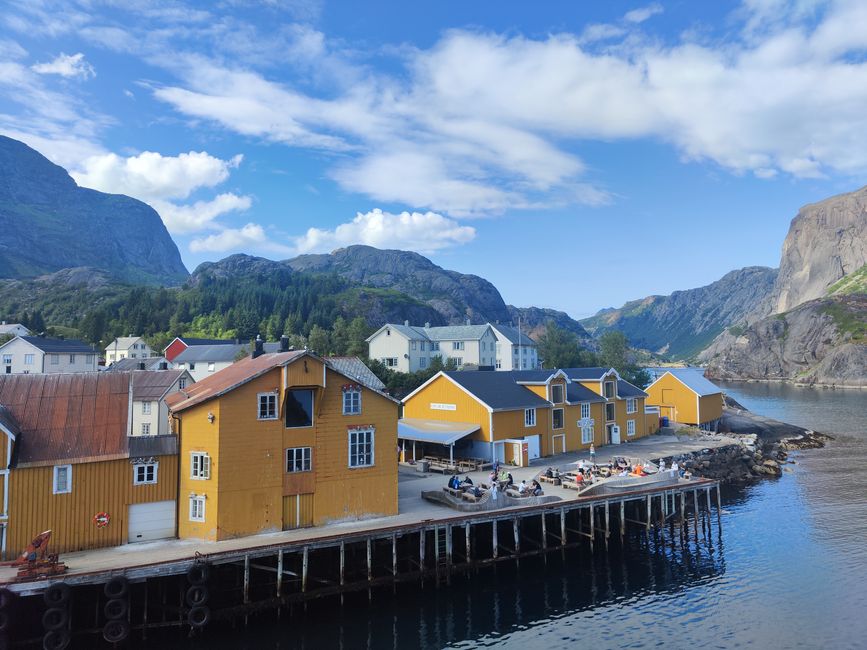
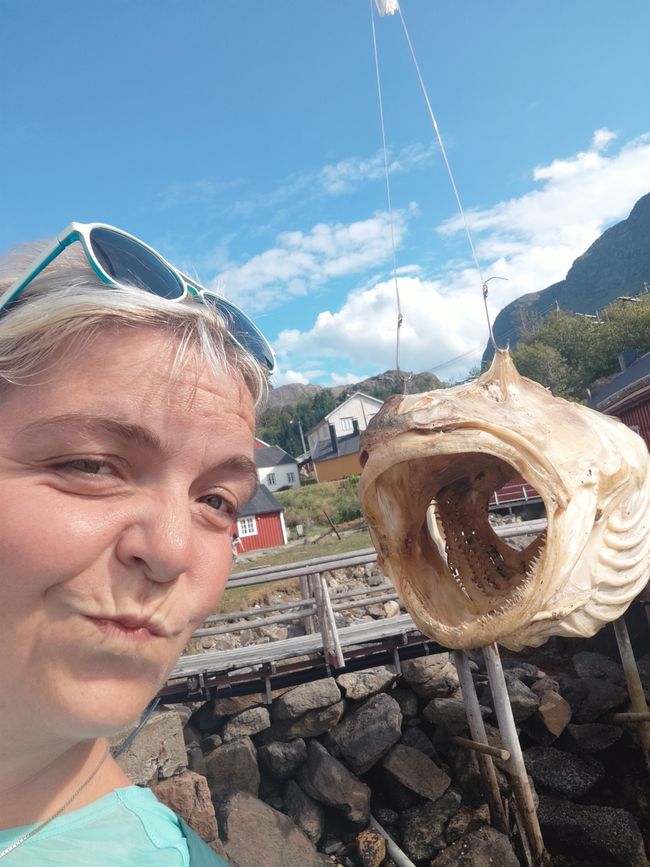
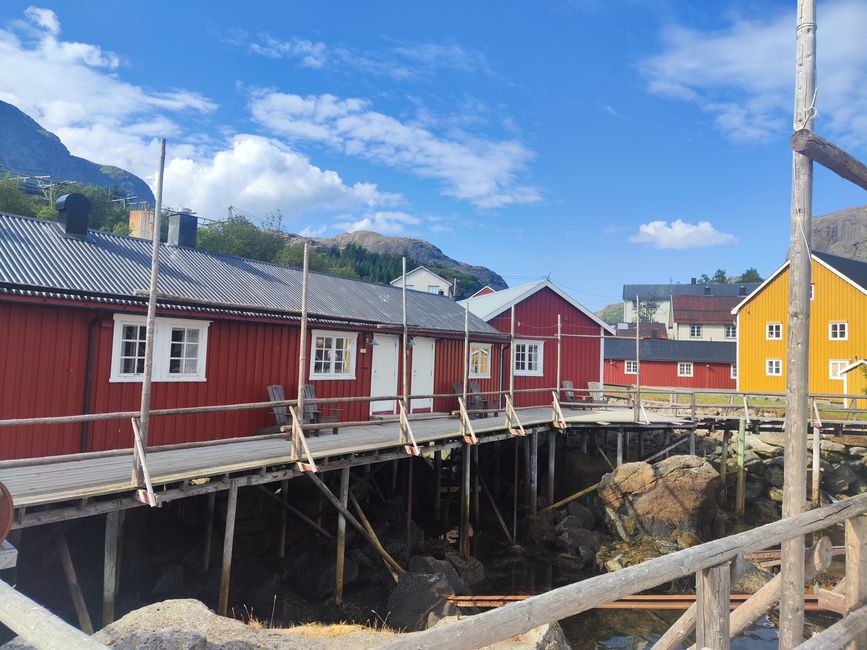
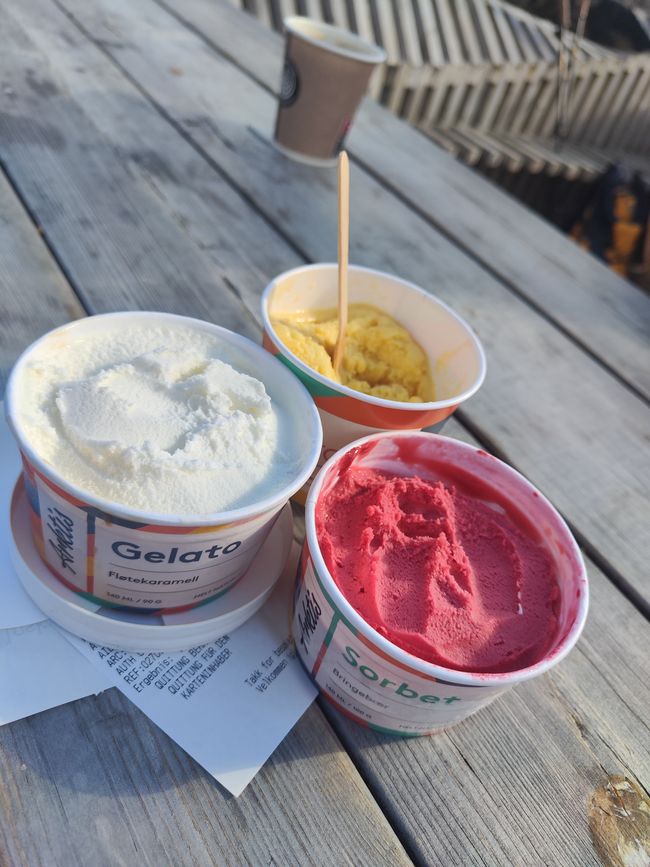
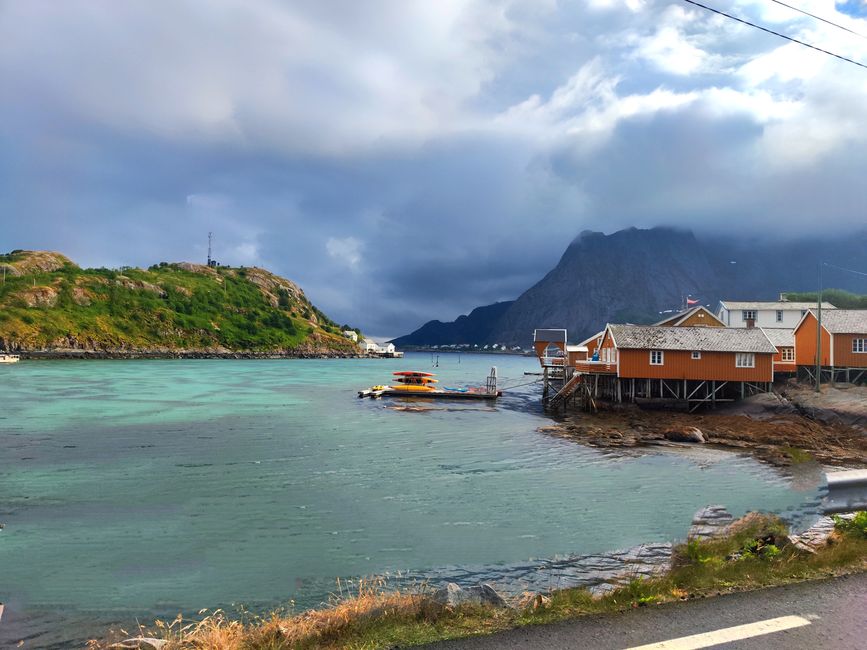
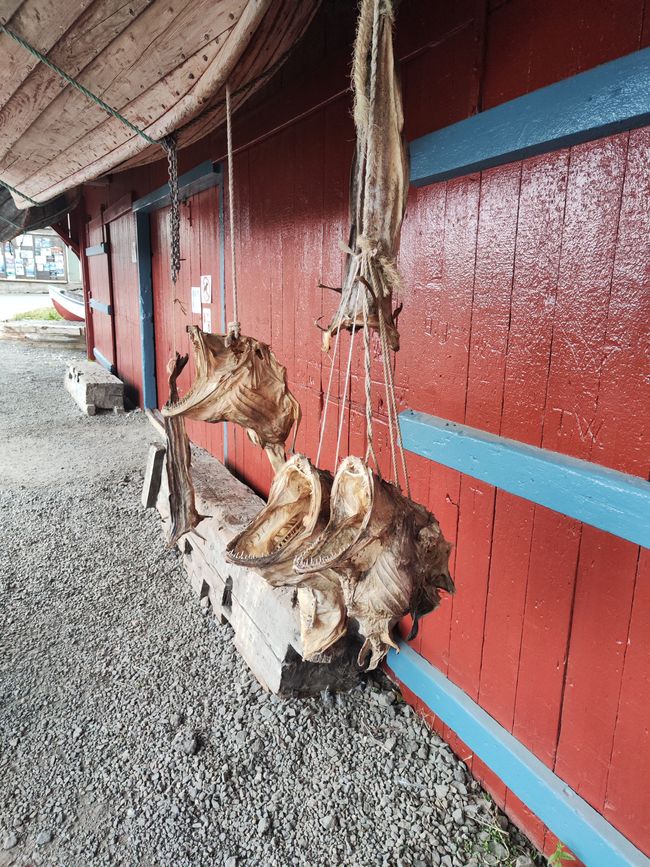
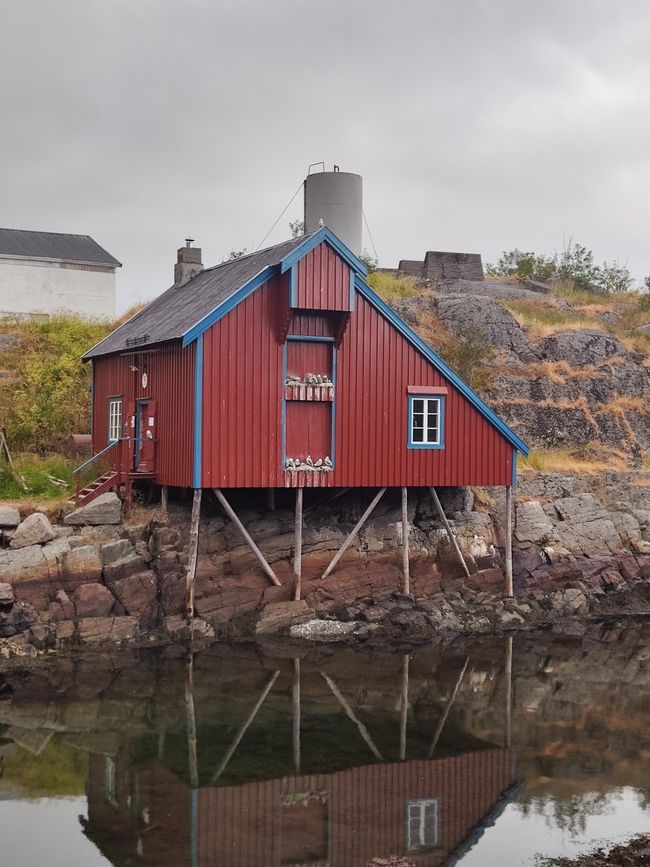
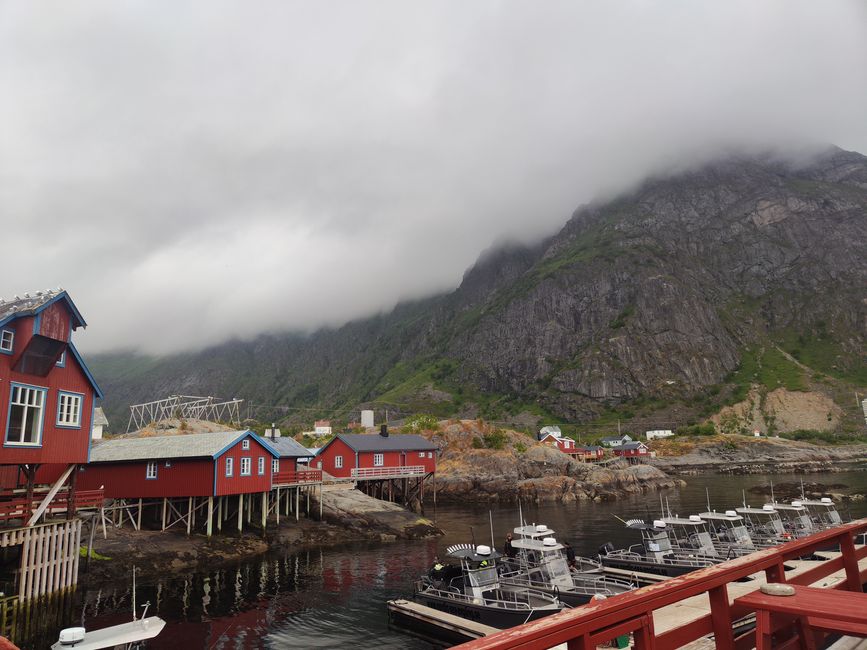
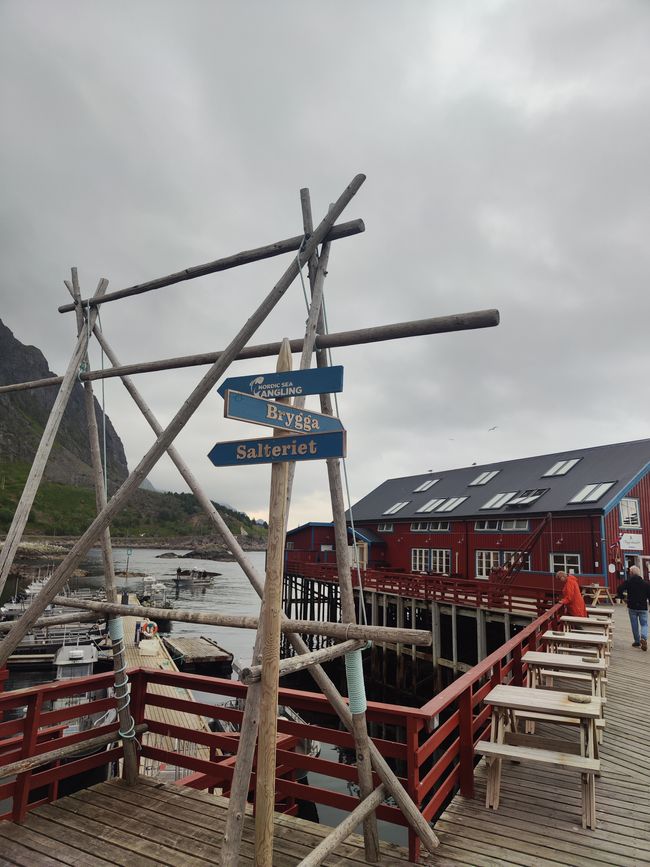
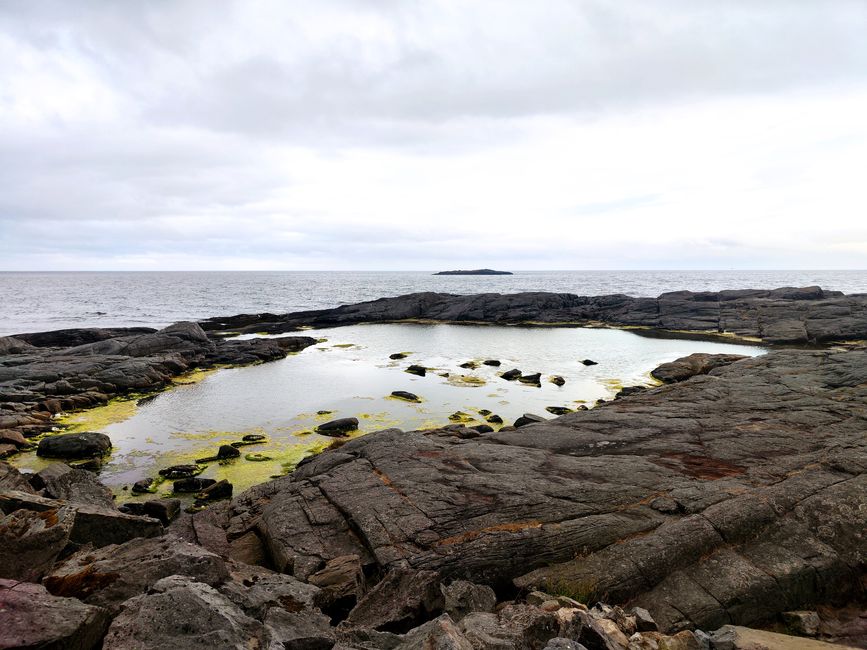
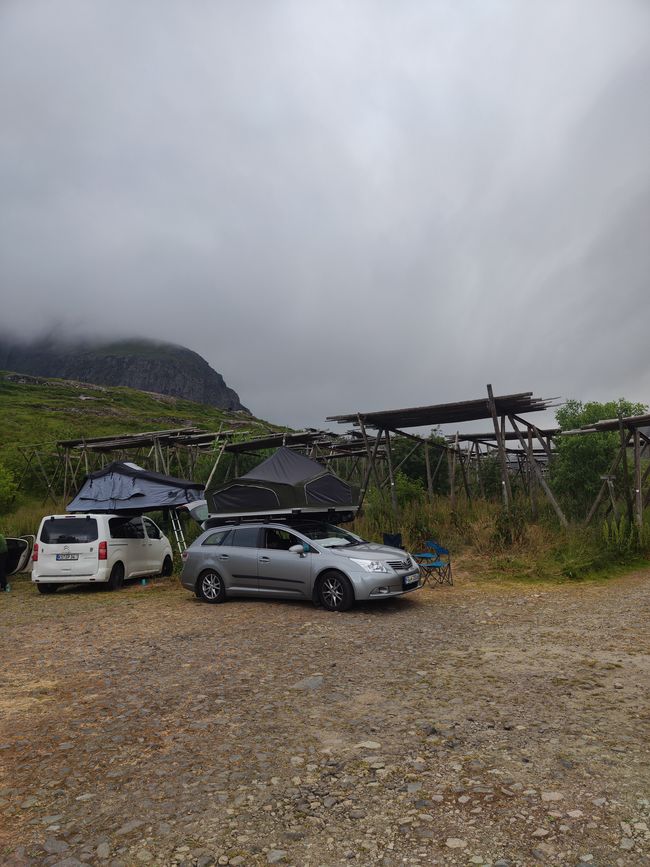
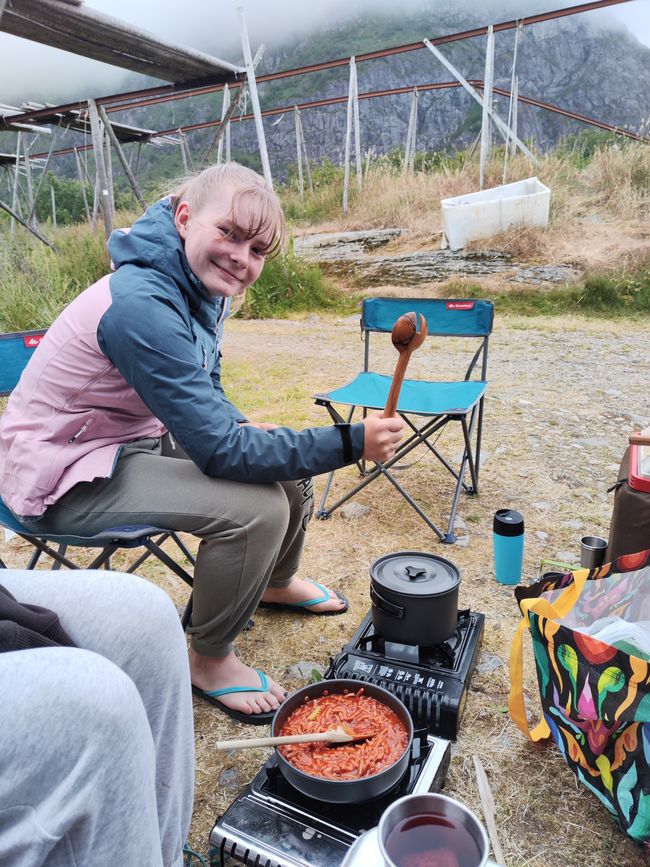
Abbonate à Newsletter
First, after breakfast, we went to Gimsøy, the church there is said to be particularly beautiful, a tourist spot... Well, we would have to go there too 😃 On site, we were offered a church in a picturesque setting. And that's not just a metaphor 😆, 7 draftsmen and painters were sitting in the parking lot, who put the motif on paper. Everyone in their own way, one drew with pencils, another with charcoal. One young woman painted in watercolor, another in oil. A small cemetery belonged to the church. Many old graves were there, the oldest we saw was from 1882.
Then we went to Hauckland Beach. How beautiful this piece of earth was again. On the way there I could have taken many, many more pictures. We spent a good 1.5 hours on the beach, unfortunately we didn't have our bathing suits to hand, but the water temperature was certainly not more than 14 degrees Celsius. With the legs we were at least a piece in it.
Uttakleiv Beach is just around the corner, there is the "famous" Devil's Eye. This was the first lot we saw where you have to pay to park. That's why we wanted to let that go. Yes, come a little further.
We then continued south to the old fishing village of Nusfjord. Picturesquely located and run like an open-air museum village. Nusfjord is a fishing village on Flakstadøy, one of the main islands of the Lofoten archipelago. The village is part of Flakstad Municipality in Fylke Nordland, Norway. The site was one of the Norwegian pilot projects for the European monument protection year 1975. As can be seen from archaeological finds, the area of today's Nusfjord has been inhabited since around 400 AD. Findings of fishermen's huts from this time prove that fishing for commercial purposes was apparently already being carried out at that time. In modern times, Nusfjord was owned by the Norwegian Krone. In 1823 and 1843 the Dahl family bought the village and by 1989 had developed it into Lofoten's leading fishing village. Today's property includes 1750 hectares of mountains, five lakes, two historic power plants and around 50 buildings. (Source: Wikipedia)
There we treated ourselves to ice cream, unfortunately not the soft ice cream that so many friends and acquaintances rave about.
Then we continued south to Moskenes. There we headed for a campsite. But this one was full. So we drove on to Å, also an old fishing village, which was set up like a museum... And we had arrived at the end, the last tip of Lofoten in the south. There we stood next to a German car with a roof tent. What a stroke of luck, very sympathetic people. 😌 Only the night wasn't quite so nice. Storm gusts and rain deep into the night in Göttingen. I only found some peace around 3 a.m., before that I was too worried about the tent. But it held and stayed dry.
Abbonate à Newsletter
Rispondi
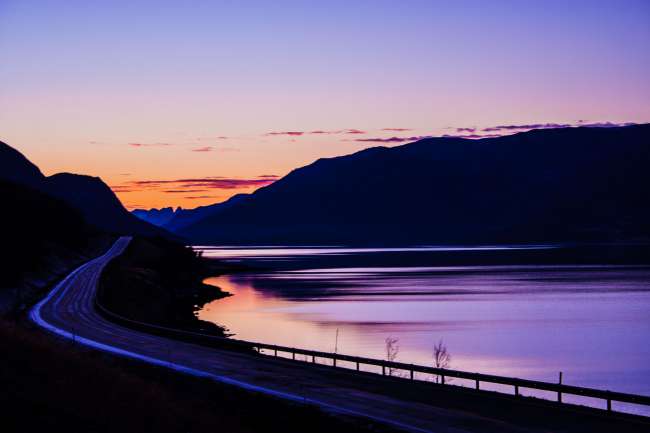
Rapporti di viaghju Nurvegia

